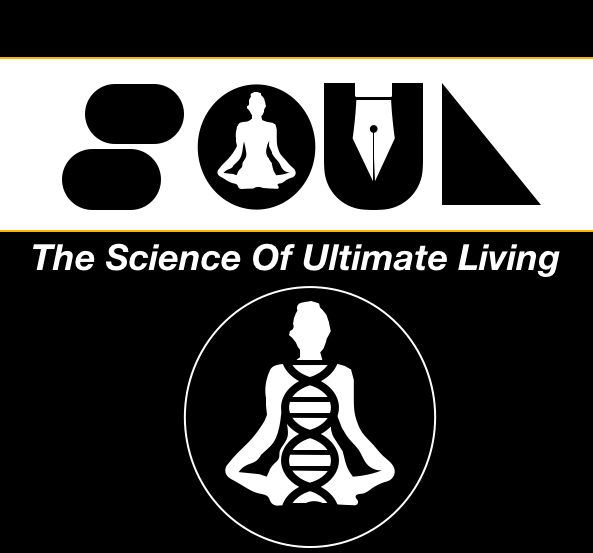“Travel is fatal to prejudice, bigotry, and narrow-mindedness, and many of our people need it sorely on these accounts.”
However, not everyone shares Mark Twain’s enthusiasm.
A social media debate sparked by an article few months back challenged the transformative power of travel. The author, quoting, sometimes out of context, figures like G.K. Chesterton and R.W. Emerson, argued that travel often has minimal impact, leaving people unchanged. She likened travel to a boomerang, “dropping you right where you started.”

There’s some truth to this perspective, especially for certain types of travel and travelers. In today’s social media age, some trips prioritize luxury and picture-perfect moments for Instagram. I find most group travels through travel agents covering many spots in short time specially futile as it only about checking off bucket list items.
But to dismiss travel entirely misses the bigger picture. Our species loves to move around, a reason we now find ourselves in almost all corners of our tiny planet. The ancient bards used to sing tales of faraway land fostering curious minds to explore.
Immersing in other cultures fosters appreciation for your own. Grasping different histories reveals the common thread that binds humanity. Travel, when embraced with an open mind, has the power to shift perspectives. The experience can be akin to an astronaut’s first glimpse of Earth – a revelation of interconnectedness that once seen can never unseen.

The world is a vast library, and every place offers a unique chapter if you have the eyes to read it.

Traveling through Dubai (UAE) challenged my perception of progress. Walking amidst its gleaming skyscrapers, I discovered that innovation and tradition can not only coexist but also thrive together. Dubai’s story inspires us to embrace change while honoring our heritage and values. This spirit of inclusivity extends to religion as well, with the UAE fostering a climate of religious freedom for its diverse population. It is an inspiration not just for Middle East, but for the entire world.

On the other side of the spectrum lies Cambodia, a country that teaches resilience in the face of adversity. Cambodia has a scarred past and an impoverished present, and yet you will keep meeting warm and optimistic people smiling at you in the crowd. While walking through the dusty streets you won’t find skyscrapers but kids laughing and running around without a care in the world. Cambodia’s spirit demonstrates that joy and meaning can be found even in the most trying times.

Contrasting to both these places is Mongolia, a vast country has very few people, and most of them live in a single city- Ulaanbaatar. The rich live in central and southern part of the city. Even the wealthy, residing in modern homes, often choose to have a Ger, a traditional circular tent dwelling, alongside their modern amenities. This seemingly simple choice reflects a deep appreciation for Mongolia’s heritage. Hospitality is another cherished value. Entering a local’s Ger, you’ll be greeted with a time-honored tradition: inquiries about the weather, livestock, and finally, your family. These nomadic herders live a life pared down to essentials, their Gers functional and mobile, possessions limited. Yet, they’ll still offer you a warm welcome with a plate full of traditional snacks and warm Suutei chai. Witnessing this can challenge the idea that happiness requires constant acquisition.

In Lake Baikal we witnessed communities thrive despite isolation which highlight the importance of human connection and the strength it brings. In China one learns the Confucian idea of inner virtue, morality, and respect for the community and its values. When we shared food from the same plate with Jordanians, forgetting modern hygiene standards, we felt the real connection with people that we are losing in the digital age. Sharing vodka with strangers in the four day Trans-Siberian train and experiencing the generosity of locals challenged the idea that the world is a transactional place and inspired me to be more open-handed in my own life.
So what did the current trip to UK teach me?
Scotland taught me freedom. Freedom is of utmost value to Scots, as we see in their battles with more powerful Anglo-Saxons. Anyone have legal right in Scotland to use private land for recreational or other purposes. It is landowner’s obligation to make sure this access is safe and enjoyable for everyone. Without visiting Scotland and meeting the Scots I would not have realised that it’s possible.
Every place leaves an indelible mark.
Like a boomerang, travel drops you right where you started, but yet it is not the same you.
What’s your take?


